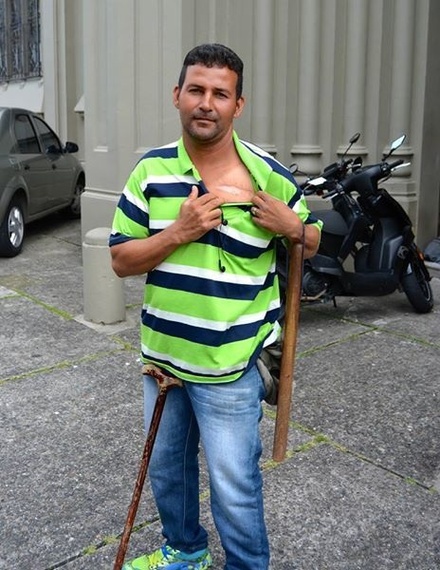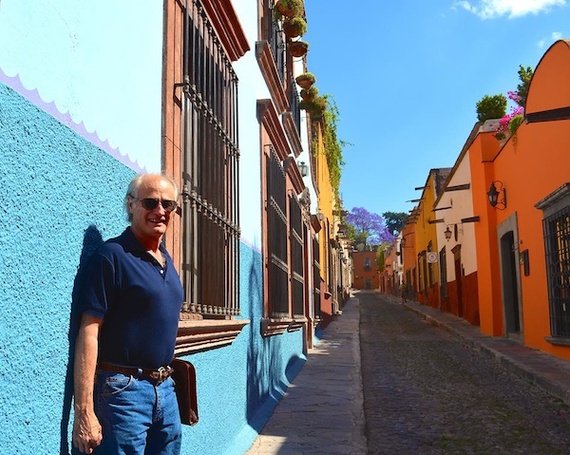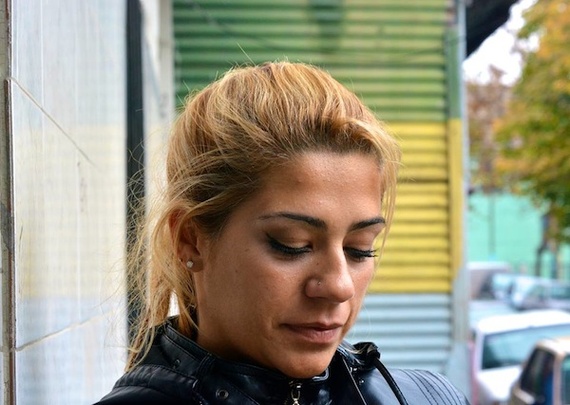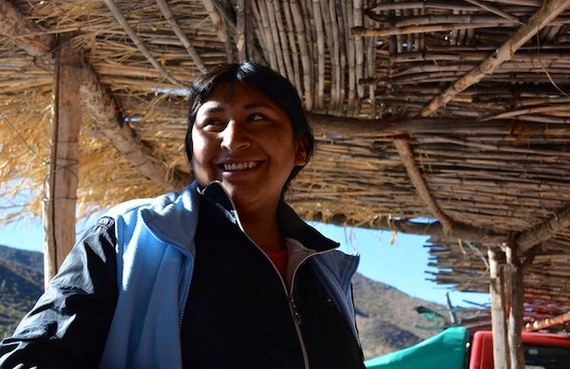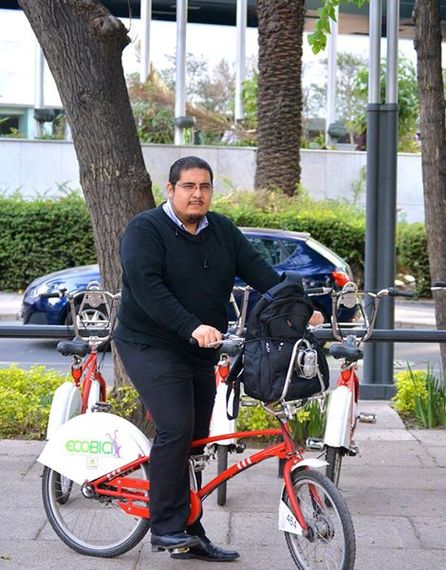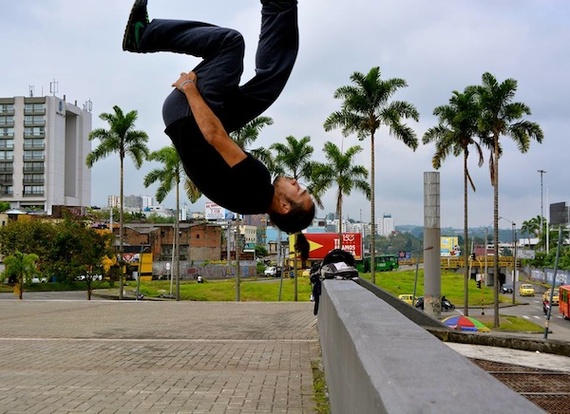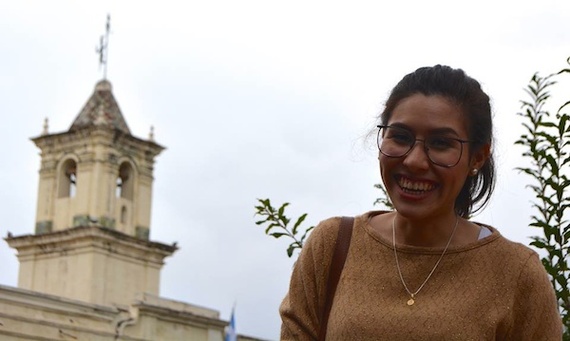Established to promote strong international relations and preserve world peace, the United Nations should be the most beautifully human organization in the world -- one that reflects the needs and priorities of citizens everywhere. However, it hasn't been...until now and social media is an instrumental part of the master plan. While embarking on the UN Millennium Campaign's MY World Global Tour, a four-month, round-the-world journey designed to give the world's people a voice and platform around issues that matter to them most, UNMC Chief Storytellers, Saige Martin and William Moore, are building Humans of MY World, an online exhibition showcasing the individuals they're meeting and their stories. Modeled after the viral juggernaut Humans of New York, Humans of MY World provides an up-close-and-personal look at the citizens and experiences behind the data being collected to inform world leaders, as they begin defining the next set of global goals to end poverty and protect the planet.
The MY World global survey asks individuals to choose six of 16 possible issues they think would have the most impact in their lives. (Note that the top six listed here are those currently ranked of highest priority worldwide as of 2/2014):
· A good education
· Better healthcare
· Better job opportunities
· An honest and responsive government
· Access to clean water and sanitation
· Affordable and nutritious food
· Support for people who can´t work
· Phone and internet access
· Better transport and roads
· Reliable energy at home
· Action taken on climate change
· Protecting forests, rivers and oceans
· Equality between men and women
· Protection against crime and violence
· Political freedoms
· Freedom from discrimination and persecution
Here's what some citizens in Mexico, Colombia, and Argentina shared with Saige and William, regarding the issues they think the UN should prioritize.
The first time I got shot, I lost my kidney. I used to work on a farm, and a guerrilla group approached me one night and asked me to join them. I said, 'no thanks. I'm happy with my job and I didn't want any trouble.' Two days later, two of them were waiting for me. They shot me and left me there. I was in a coma for 15 days. I had to sell my home to pay for medical care. When I was finally able to walk again a year and a half later, a different guerrlla group confronted me, and again asked me to join. This time they shot me in the chest. I was a popular guy I guess... Now, 13 years later, there is finally a government program to support victims of violence like me. I'm waiting for my approval.
-- Pereira, Colombia
Really climate change is my biggest fear in life. I'm worried because I have have nine grandchildren. In the short term, it may actually help San Miguel because we're getting a better spread of rain. But the long run, the long run's a different story.
-- San Miguel de Allende, Mexico
My brother was killed by a soccer gang when he was 17. If we had better security and less corruption this would never have happened. The ones who did it were sons of politically powerful people. They're still out today. I still see them around.
-- Buenos Aires, Argentina
I'd like to have a more responsive government here. We pay taxes to the municipality. I would like to see more in return. We spend everyday here at our business making and selling goods, and we don't have basic things like water or toilets or electricity.
-- Cachí, Salta, Argentina
If I could fix one thing here it would be education. The schools for poor people teach you mostly that you have to stay where you are. My father died when I was 10, and I had to support myself and my family from then on. Now I am a computer engineer at a bank. The schools need to be better, but education is also having a family that teaches you to be hungry, and tells you that you can do bigger things. A lot of people go to the United States for that opportunity, but that's a false mirror. You can do it here.
-- Mexico City, Mexico
We do Parkour to change perceptions. We catch people's attention, and then we ask them to join us in creating a cleaner community. Really, we spend much of our time organizing street cleanings and promoting environmental protection. To change people's behavior you have to get creative.
-- Pereira, Colombia
In 2005, a group of striking teachers was beaten up when they tried to get into the cathedral to escape the police. The next day there was a huge protest. I was there -- my mother was a teacher. I got gassed in the face. We had a different government then, but the new governor was there too, and he made so many big promises. It was the teachers who elected him, and now today those promises are not coming through.
-- Salta, Argentina
The personal stories above are just a few accounts of the trials and tribulations people in Mexico, Colombia and Argentina deal with on a regular basis.
What problems in the world do you think global leaders should focus on today?
This post was originally published on The Toolbox, a new technology and social change platform founded by Peter Gabriel.

